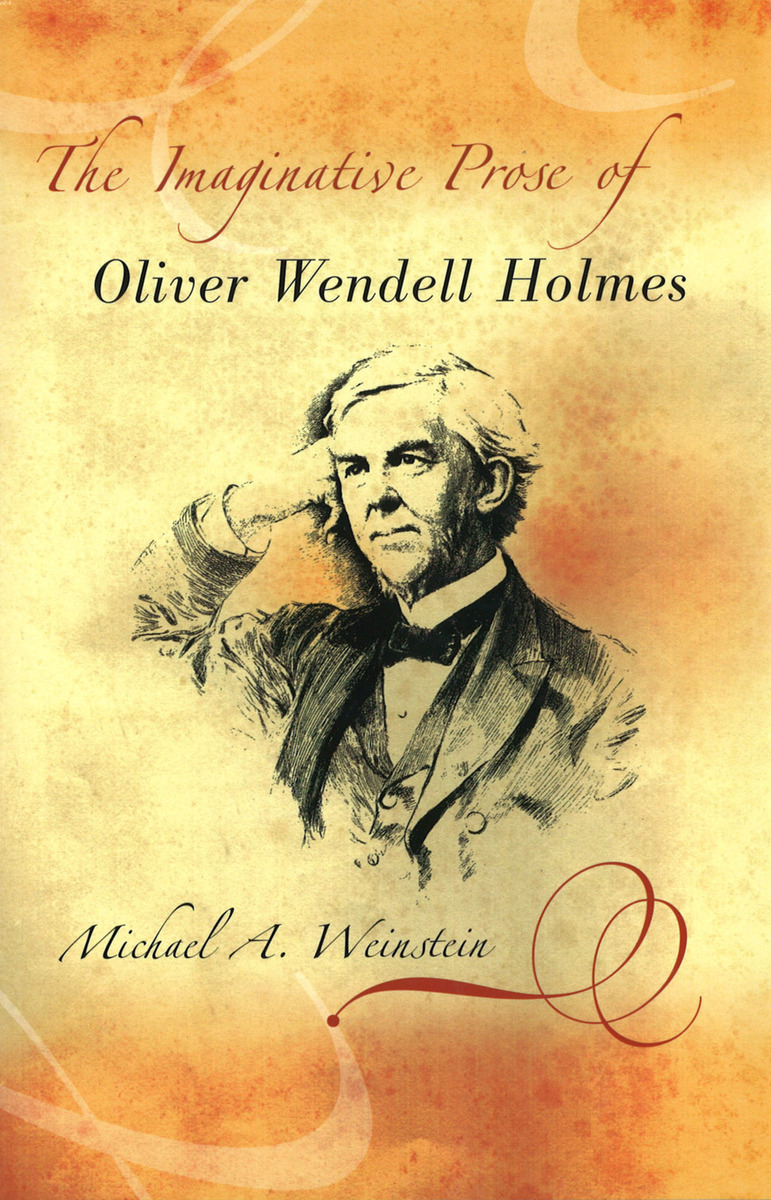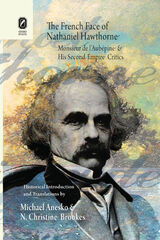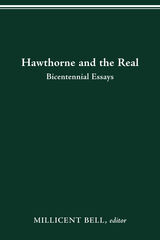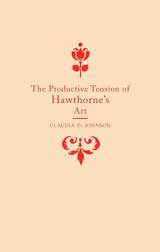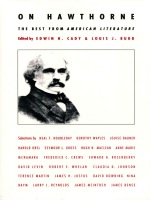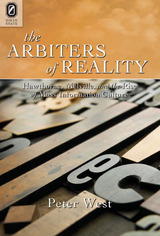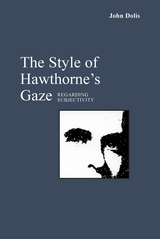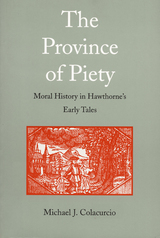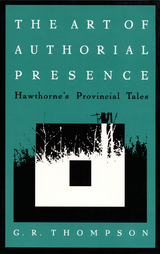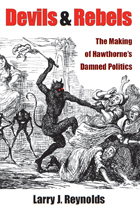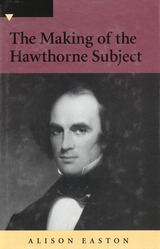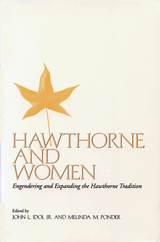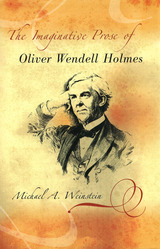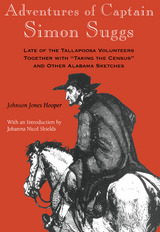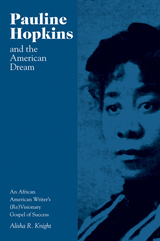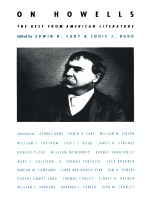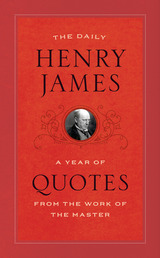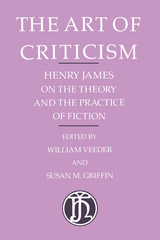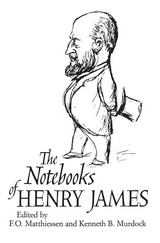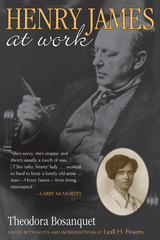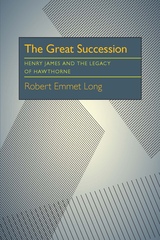The Imaginative Prose of Oliver Wendell Holmes
University of Missouri Press, 2006
Cloth: 978-0-8262-1644-1 | eISBN: 978-0-8262-6540-1
Library of Congress Classification PS1992.D52W45 2006
Dewey Decimal Classification 818.309
Cloth: 978-0-8262-1644-1 | eISBN: 978-0-8262-6540-1
Library of Congress Classification PS1992.D52W45 2006
Dewey Decimal Classification 818.309
ABOUT THIS BOOK | AUTHOR BIOGRAPHY | REVIEWS | TOC
ABOUT THIS BOOK
One of the most popular serious writers of the mid-nineteenth century, Oliver Wendell Holmes, Sr., was a major figure of the New England Renaissance and wrote seven volumes of imaginative prose that were hybrids of essay and fiction. His four table-talk books initiated the form of the dramatized essay, and his three novels—styled as romances “medicated” by intellectual discourse—were among the first examples of ideologically didactic fiction.
Michael A. Weinstein now traces Holmes’s intellectual trajectory across these works to show how his thought evolved over the course of his life and in response to America’s transition from an agrarian to an industrial society. Through close readings of this eclectic ouevre—including such lesser-known late works as A Mortal Antipathy and Over the Teacups—he offers a comprehensive interpretation of Holmes’s thought concerning the American national character, showing him to have had a far richer understanding of human experience than other scholars have previously supposed.
This is the first book to consider Holmes’s imaginative prose as a whole and to defend its systematic structure against critics who have branded him a dilettante lacking system or seriousness. Through a careful explication of characters and themes, Weinstein finds at the core of these works a high regard for self-determination as a quintessential American value: an affirmation of the freedom of individuals to decide for themselves how to respond to a human condition that can be as perilous as it is promising. In the course of his analysis, Weinstein engages the spectrum of Holmes criticism and also shows how Holmes anticipated the cultural problems of modernity, pluralism, psychoanalysis, and existentialism, as well as postmodern literary expression.
Through his insightful assessment, Weinstein gives us an author whose respect for individual judgment is as relevant in today’s society, torn by cultural politics, as it was in his own time. His book restores Holmes to his place in the canon while introducing a wider readership to a perceptive writer who offers not only insight into the moral possibilities of American identity but also genuine wit and wisdom about the art of living.
See other books on: Criticism and interpretation | Didactic literature, American | History & Theory | Holmes, Oliver Wendell | Weinstein, Michael A.
See other titles from University of Missouri Press
